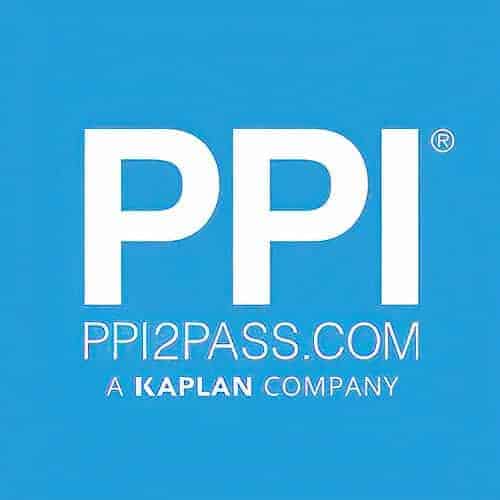In this episode, I talk with Amelia Wehunt, P.E., principal and group leader at Timmons Group about the crucial balance between authenticity and authority in leadership, highlighting its significant impact on project success and team dynamics.
Engineering Quotes:
Here Are Some of the Questions I Asked Amelia:
- How can you maintain authenticity in your leadership while also exercising the authority necessary to lead your team effectively?
- How can personal experiences be leveraged to provide constructive feedback and strengthen team relationships?
- What strategies can be employed to normalize feedback within your team, and how does this practice enhance communication and relationships?
- How do you adjust your communication style to manage diverse client personalities and complex project situations effectively?
- What methods do you use to ensure that initial communication standards set during kickoff meetings are consistently upheld throughout the project?
- What guidance would you offer to team members to enhance their leadership skills and help them evolve into the leaders they aim to be?
- Do you have any key pieces of advice for project managers striving to embody authentic leadership?
Here Are Some Key Points Discussed in This Episode About How to Balance Authenticity and Authority:
- Balancing authenticity with authority is pivotal; leaders strive to communicate directly, honestly, and respectfully. This approach not only builds trust but also preserves the authority essential for effective leadership.
- Using personal experiences to deliver feedback allows leaders to communicate with honesty and respect, making the feedback feel constructive rather than critical. Emphasizing empathy and learning from past interactions, leaders forge stronger, more authentic relationships with their team members.
- Normalizing feedback involves making it a routine part of communication, especially during project debriefs. This strategy creates a non-threatening environment that encourages continual improvement and strengthens team bonds through regular, open dialogue about performance.
- Effective leadership requires adapting communication styles to meet the needs of various stakeholders, enhancing understanding and promoting collaboration. This adaptability is crucial for navigating the complexities of project management and achieving successful outcomes.
- Establishing robust communication practices during kickoff meetings is fundamental, and maintaining these standards throughout the project is key to its success. Consistent communication helps differentiate outstanding project managers from their peers.
- Encouraging team members to pursue leadership and soft skills training significantly boosts their development. Continuous learning through diverse methods, such as workshops, reading, or online courses, provides them with the tools needed to succeed in leadership roles.
- Investing in one’s personal development by enhancing leadership skills not only benefits one’s professional life but also enriches personal aspects such as parenting or community involvement. These skills are invaluable, enduring assets that enhance all facets of life.
More Details in This Episode…
[su_spacer]
About Amelia Wehunt, P.E.

Sources/References:
Virginia Tech
University of Virginia (UVA)
Timmons Group
Audible
Connect with Amelia Wehunt, P.E., on LinkedIn
This Episode Is Brought to You by PPI

We would love to hear any questions you might have or stories you can share on how you balance authenticity and authority for project success.
Please leave your comments, feedback, or questions in the section below.













